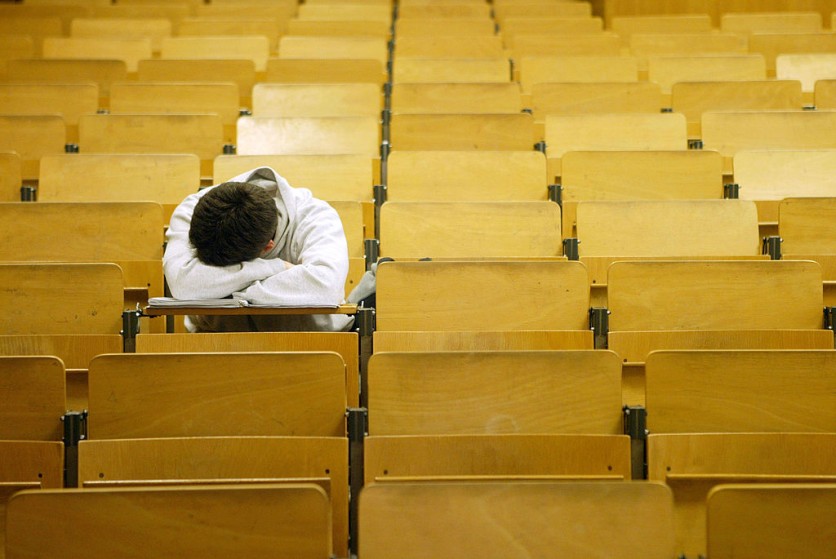Sleep deprivation often leads to fatigue, irritability, impaired cognitive performance, and a range of other adverse symptoms. However, a new study suggests that a single night of sleeplessness can result in mood improvements that last for days.
Mild Sleep Deprivation Creates a Sustained Euphoric State That Lasted for Days
Scientists from Northwestern University conducted research on mice after subjecting them to brief, temporary sleep deprivation.
Surprisingly, they found that during the initial phase of sleep loss, dopamine levels increased, and synaptic plasticity was enhanced. Interesting Engineering reported that this rewiring of the brain created a sustained euphoric state that lasted for several days.

According to corresponding author Professor Yevgenia Kozorovitskiy, while the detrimental effects of chronic sleep loss are well-documented, the impact of short-term sleep deprivation, such as a student pulling an all-nighter before an exam, is less understood.
Kozorovitskiy noted that their recent findings shed light on the brain's ability to rewire the brain to experience a solid antidepressant effect even with just getting too little sleep.
It underscores the profound impact that seemingly minor actions, like a night of poor sleep, can have on the brain's functioning and overall mood regulation.
Inducing Sleep Deprivation in Mice
In the realm of sleep science, it has been a long-acknowledged fact that abrupt alterations in sleep patterns are intricately linked to shifts in mood and behavior. For instance, disruptions in sleep and circadian rhythms have the potential to trigger manic episodes or spontaneously alleviate depressive states in individuals.
To delve deeper into these phenomena, Northwestern Now reported that Kozorovitskiy and her team devised an innovative method for inducing acute sleep deprivation in mice. Notably, the mice used in the study did not possess any genetic predisposition to mood disorders, ensuring a clean slate for the experiment.
Additionally, the researchers meticulously balanced the experimental environment to create mild discomfort, which prevents the mice from falling asleep but is not so distressing to cause significant stress or harm.
Subsequently, the scientists employed advanced techniques, including genetically encoded tools and optical instruments, to monitor the activity of dopamine neurons. These neurons play a crucial role in governing a broad spectrum of behaviors and physiological functions, notably influencing mood.
Remarkably, the study revealed a significant increase in dopamine neuron activity following the period of sleep deprivation. The researchers are now exploring the evolutionary origins of this phenomenon.
Kozorovitskiy suggested that this effect might be rooted in evolutionary survival mechanisms. In scenarios where heightened alert and delayed sleep may be necessary, such as facing predators or imminent danger, these changes in brain function could serve as a survival advantage.
Nonetheless, the researchers strongly advise against using sleep deprivation as a method to alleviate depressive symptoms. Instead, they recommend healthier alternatives like exercise, such as going to a gym or walking.
The study is primarily seen as a valuable tool for identifying potential antidepressant treatments rather than a strategy for combating depression directly. Kozorovitskiy emphasized the transience of the antidepressant effect and underlined the enduring importance of quality sleep.
She noted that this understanding is particularly valuable in tailoring the right antidepressant for an individual's needs. The study findings have been published in the journal Neuron.
Related Article : Expert Links Increase in Teen Depression With Social Media Usage

ⓒ 2025 TECHTIMES.com All rights reserved. Do not reproduce without permission.




